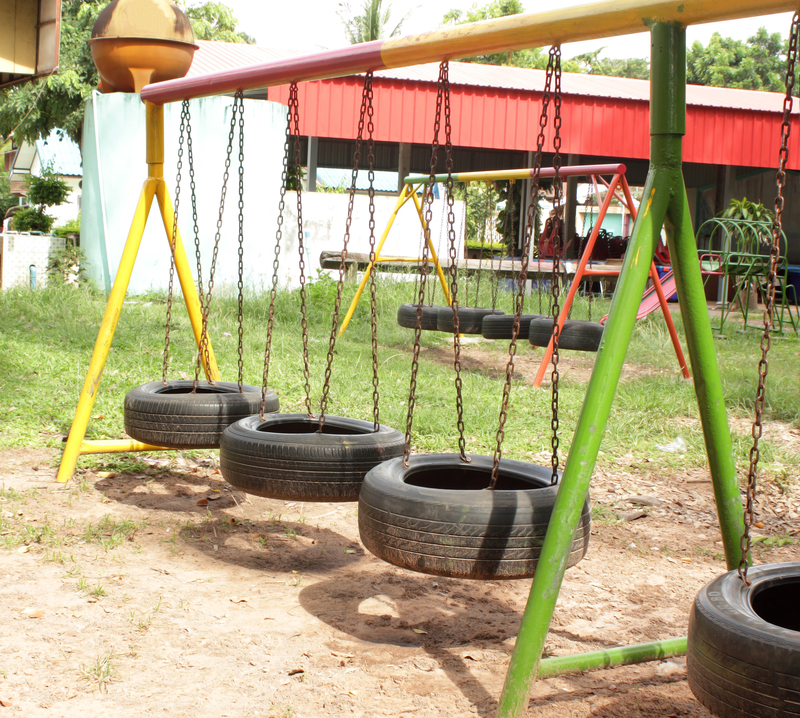Eco-Friendly House Renovations for the Modern Age
With growing awareness about the impact of human activities on the environment, homeowners are leaning towards eco-friendly house renovations. Modern renovations are not only about aesthetics and functionality but also sustainability. Implementing green practices at home can significantly reduce your carbon footprint and even save money in the long run.
Why Eco-Friendly Renovations?
Choosing eco-conscious renovation practices is essential in the modern age for several reasons:
- Reduced Environmental Impact: Sustainable materials and energy-efficient designs reduce waste and lower carbon emissions.
- Health Benefits: Eco-friendly materials often emit fewer chemicals, improving indoor air quality.
- Cost Savings: Energy-efficient appliances and better insulation can drastically cut utility bills.
- Increased Home Value: Homes designed with sustainability in mind are increasingly sought after in the real estate market.

Top Eco-Friendly Renovation Ideas
1. Energy-Efficient Windows and Doors
One of the simplest yet effective eco-renovation tips is updating windows and doors. Opt for double-glazed or triple-glazed windows, which provide better insulation than conventional single-pane windows. They help maintain indoor temperature, reducing the need for excessive heating or cooling.
2. Sustainable Flooring Options
Choose flooring materials that are both stylish and sustainable. Options include bamboo, reclaimed wood, or recycled tiles. These materials are not only durable but also reduce the strain on natural resources. Bamboo, in particular, is fast-growing and replenishes quickly, making it an ideal alternative.
3. Efficient Lighting Solutions
Switch to LED lighting, which is more energy-efficient than traditional incandescent bulbs. LEDs consume less power and have a longer lifespan, which means fewer bulbs in landfills over time. Install smart lighting systems that adjust based on natural light levels, further saving energy.
4. Water Conservation Measures
Incorporating water-saving features in your home can lead to significant conservation. Installing low-flow faucets, dual-flush toilets, and efficient showerheads can drastically reduce water usage. Consider also setting up a rainwater harvesting system for activities like gardening or cleaning.
Using Sustainable Materials
Opt for renewable materials that have a lower environmental impact. Here are some choices:
- Recycled Metal and Glass: Both are highly recyclable and save natural resources.
- Reclaimed Wood: Gives a rustic charm to your renovation while being sustainable.
- Cork: Naturally mold-resistant and insulating, ideal for flooring and wall coverings.
Benefits of Green Roofs and Gardens
Transform your rooftop or backyard into a green space. Green roofs, which are covered with vegetation, offer insulation benefits, reduce heat absorption, and improve air quality. Similarly, vertical gardens or even kitchen gardens can aid in cooling your home and provide fresh produce.
Eco-Friendly Insulation
Proper insulation is key to reducing energy use. Sustainable insulation options include:
- Cotton: Made from recycled denim, it's naturally fire-retardant and highly effective.
- Sheep's Wool: A natural insulator that manages humidity effectively.
- Cellulose: Made from recycled paper products, it provides thermal and sound insulation.
Implementing Renewable Energy Sources
Harnessing renewable energy sources not only reduces reliance on fossil fuels but also cuts down utility costs. Consider integrating solar panels to generate electricity. They have become more affordable and efficient over the years. For a dual-impact, consider solar water heaters to cut down on electricity or gas usage for heating water.
Eco-Friendly Paints and Finishes
Many conventional paints release volatile organic compounds (VOCs) that affect indoor air quality. Choose low-VOC or zero-VOC paints for your home renovation. Natural finishes and stains made from plant oils and beeswax are excellent choices for wooden surfaces.
Waste Management and Recycling
A crucial part of any sustainable renovation is effective waste management. Keep the following in mind:
- Donate Excess Materials: Usable items like old fixtures and furniture can be donated.
- Reclaim and Reuse: Use reclaimed bricks or stones in pathways or patios.
- Recycling: Set up a home station for sorting and recycling renovation debris like metals, glass, and plastics.

The Role of Smart Technology
Integrating smart home technology can significantly boost your home's eco-friendliness. Smart thermostats adjust heating and cooling based on your habits. Motion sensor lights save energy by switching off automatically when not needed. Smart irrigation systems conserves water by adjusting watering schedules based on weather forecasts.
Conclusion
In summary, eco-friendly house renovations are paramount for creating efficient, sustainable, and modern living spaces. By focusing on renewable resources, energy efficiency, and smart technologies, you can upgrade your home while minimizing its environmental footprint. As homeowners, we hold the power to influence the future of our environment, starting with our homes. Prioritizing sustainable choices today ensures a greener planet for generations to come.